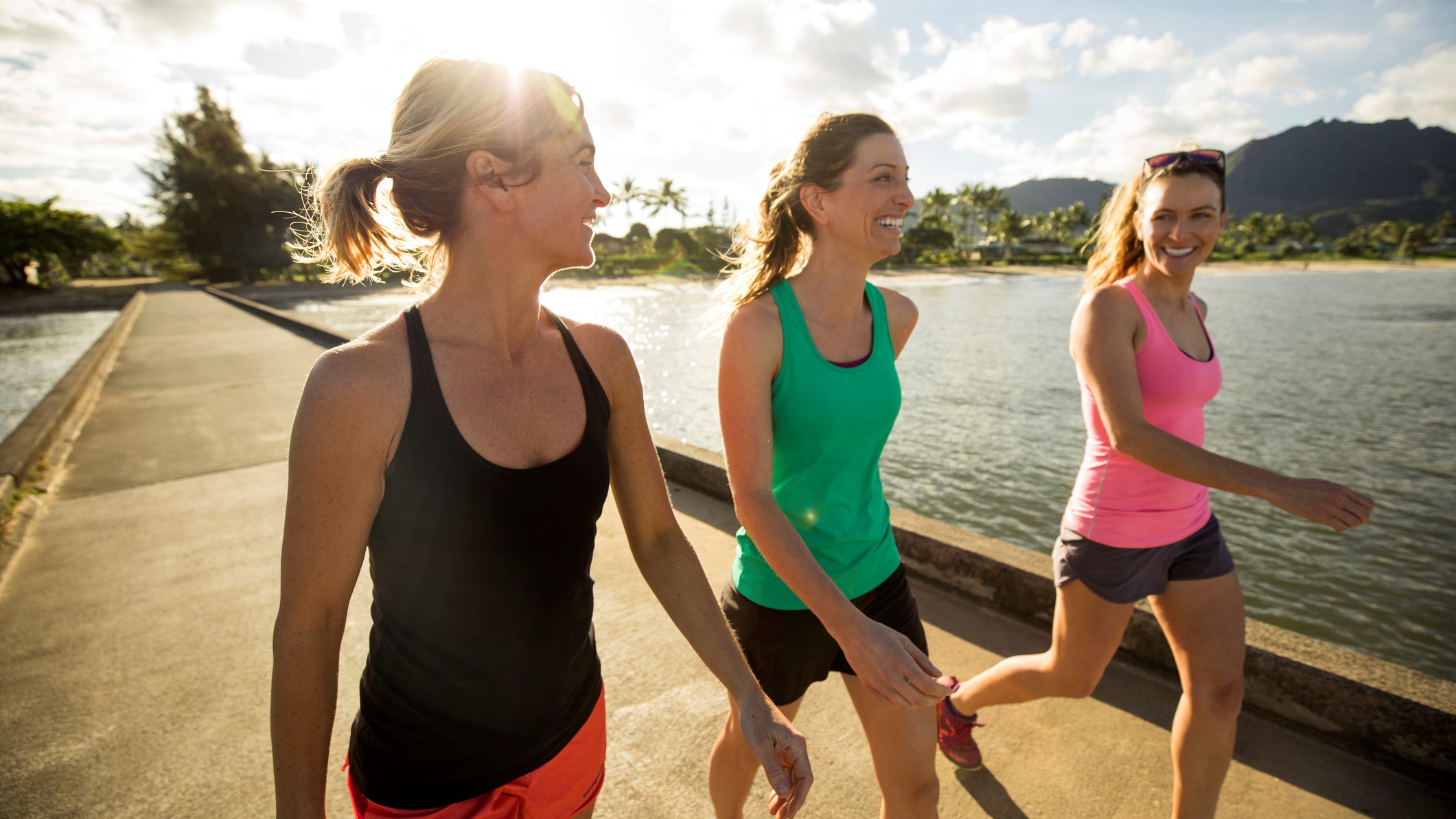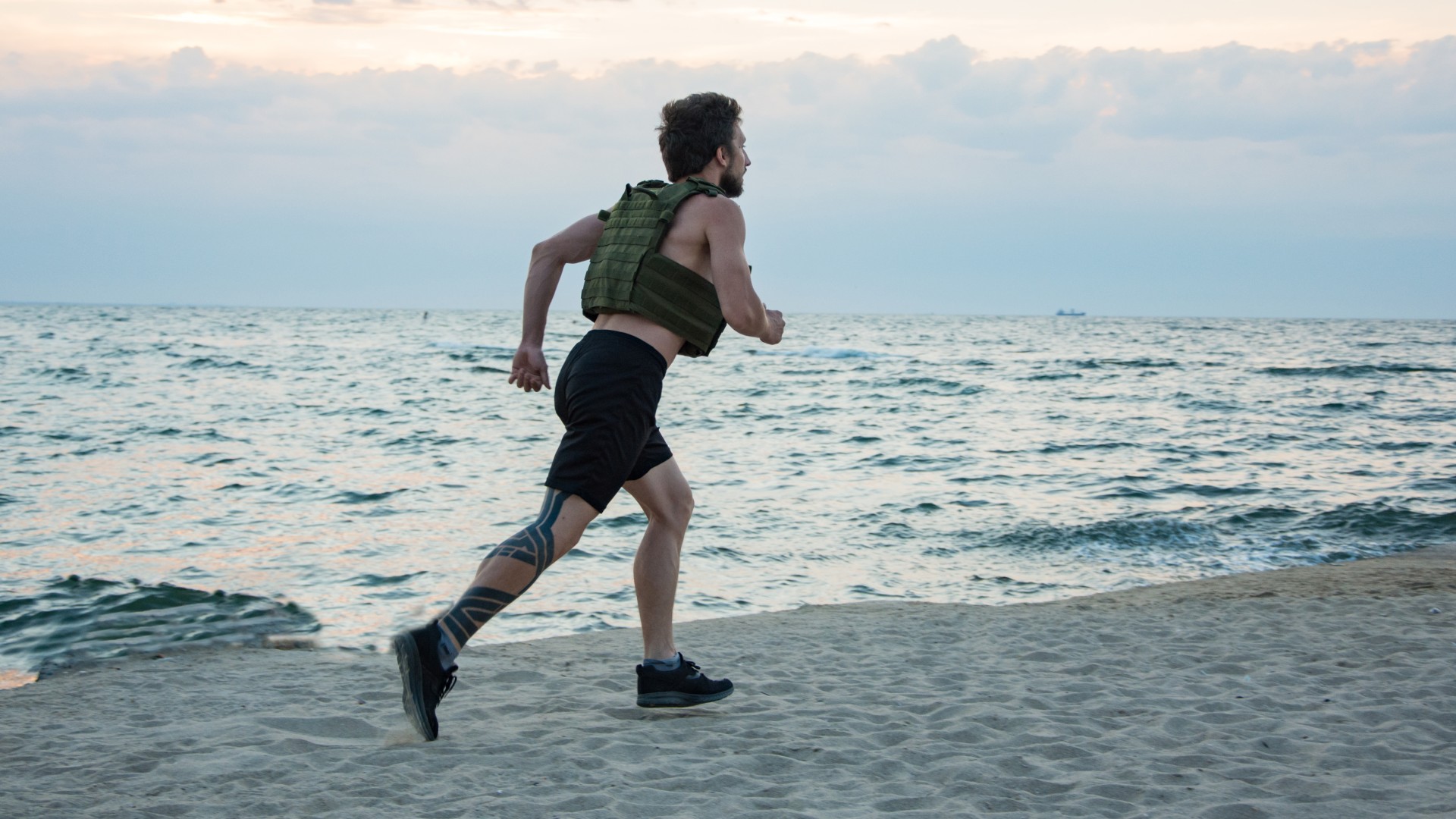
Here at Tom’s Guide our expert editors are committed to bringing you the best news, reviews and guides to help you stay informed and ahead of the curve!
You are now subscribed
Your newsletter sign-up was successful
Want to add more newsletters?

Daily (Mon-Sun)
Tom's Guide Daily
Sign up to get the latest updates on all of your favorite content! From cutting-edge tech news and the hottest streaming buzz to unbeatable deals on the best products and in-depth reviews, we’ve got you covered.

Weekly on Thursday
Tom's AI Guide
Be AI savvy with your weekly newsletter summing up all the biggest AI news you need to know. Plus, analysis from our AI editor and tips on how to use the latest AI tools!

Weekly on Friday
Tom's iGuide
Unlock the vast world of Apple news straight to your inbox. With coverage on everything from exciting product launches to essential software updates, this is your go-to source for the latest updates on all the best Apple content.

Weekly on Monday
Tom's Streaming Guide
Our weekly newsletter is expertly crafted to immerse you in the world of streaming. Stay updated on the latest releases and our top recommendations across your favorite streaming platforms.
Join the club
Get full access to premium articles, exclusive features and a growing list of member rewards.
There’s a way to roll back the clock on your biological age — and, according to a new(ish) study, you can do it on your daily walk. No frills, no nonsense, just a small tweak for big results.
We already know there are many benefits to walking, including a boost to your cardiovascular health, stronger muscles, bones and joints, ramped up calorie burn, a healthier metabolism and better mood and emotional wellbeing.
If that’s not enough, research straight out of Britain has shown that one particular aspect of your walks could supercharge your results, including reducing your biological age by up to 16 years. Yep, you read that correctly.
And no, it’s not 10,000 steps, a weighted vest, or walking backwards. This is the one thing you need to know the next time you lace up a pair of the best hiking boots and head out.
What is the study?
Research, published in Nature in 2022, found that your speed could play a role in cutting your biological age. The study assessed over 400,000 Brits and biological age (how quickly you’re aging based on chemical markers) and found that speed made a difference.
Results showed that those with a steady to average and brisk walking pace “had significantly longer LTL compared with slow walkers.” LTL, meaning leucocyte telomere length, is a marker of biological age.
Using “accelerometer-assessed measures of physical activity,” the researchers found associations between longer LTL and “habitual activity intensity,” rather than total amount of activity. In other words, your pace may do more for your health than total steps.
Get instant access to breaking news, the hottest reviews, great deals and helpful tips.

While it’s true that the more you move during the day, the better for your metabolism and overall health, we now know that you don’t need 10,000 steps every day to maximize it; as little as 7,000 steps per day could be enough!
But if you plan to track your step count, making your walk more brisk could be more beneficial across the same distance than an amble. That said, I love a slow walk, and recently took up intuitive walking to boost mindfulness, so I’m a firm believer in a time and place for everything.
Given that brisk walking, like power walking, can have a positive impact on weight management and cardiovascular fitness, it checks out that this could also improve your biological age, too.
So what about speed? The study used self-reported walking pace, providing participants with a touchscreen Q&A and response options of “slow,” “steady/average,” or “brisk.”Slow pace was defined as less than 3mph, steady pace was between 3 -4mph and brisk walking was over 4mph.
Time to take a walk
There you have it. A faster walking pace is associated with longer LTL, potentially cutting up to 16 years off your biological age. The study showed that brisk walkers had a biological age of up to 16 years younger, and that brisk walking could lead to a younger biological age rather than the other way around.
The study also suggests that time spent habitually in higher-intensity activities like brisk walking had a stronger association with biological age than the total amount of walking or distance.
All in all, this supports the idea that more intensive and habitual movement, like increased walking pace, can impact biological markers and overall health. And better still, if you increase your pace, even a short walk could boost longevity.
More from Tom's Guide
- No more crunches! Build a strong, stable core with these 5 standing ab exercises
- I walked 6,500 steps with the Fitbit Charge 6 vs Pixel Watch 3 — and I’m surprised by the winner
- I tried plogging instead of running — here’s why it felt so satisfying

Sam Hopes is a level 3 qualified trainer, a level 2 Reiki practitioner and fitness editor at Tom's Guide. She is also currently undertaking her Yoga For Athletes training course.
Sam has written for various fitness brands and websites over the years and has experience across brands at Future, such as Live Science, Fit&Well, Coach, and T3.
Having coached at fitness studios like F45 and Virgin Active and personal trained, Sam now primarily teaches outdoor bootcamps, bodyweight, calisthenics and kettlebells.
She also coaches mobility and flexibility classes several times a week and believes that true strength comes from a holistic approach to training your body.
Sam has completed two mixed doubles Hyrox competitions in London and the Netherlands and finished her first doubles attempt in 1:11.
You must confirm your public display name before commenting
Please logout and then login again, you will then be prompted to enter your display name.
 Club Benefits
Club Benefits













